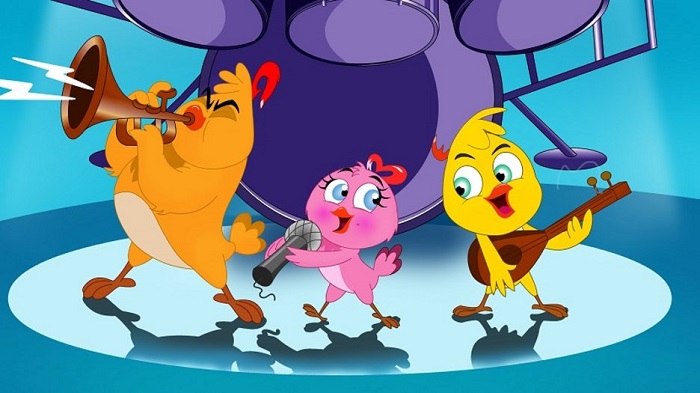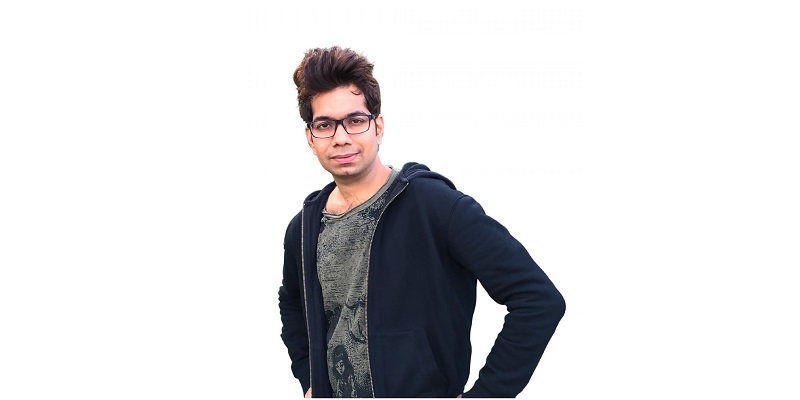
It’s a known fact by now that the global and domestic animation sectors were fuelled by the COVID-19 pandemic and the lockdown that followed. Singapore and India based animation studio, Cosmos-Maya was one of the few ones to not only adeptly adapt to the ‘new normal’ but also had a successful run with five launches in 2020.
With 2021 ushering in new hopes and opportunities, Cosmos-Maya CEO Anish Mehta speaks to Animation Xpress about upcoming IPs, outlook for the year ahead, expansion plans and also looking back at the year that was. Read on :
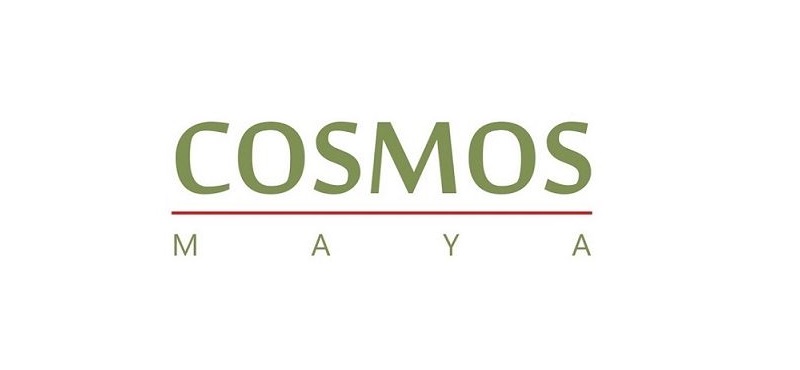
Tell us about the status of the upcoming IPs – Putra, Captain Bharat, Dr. Tenali Rama? When will these be tentatively rolled out?
Work on all of our upcoming IPs is going on full steam ahead. Putra is our international project for the diverse Indonesian audience. We expect the majority of them to come out on pay TV and digital OTT sometime around mid-2021. Captain Bharat and Tenali Rama too are proceeding on track with their production and delivery schedule, and we shall share information about release dates with due confirmation from our broadcast and streaming partners, really soon.
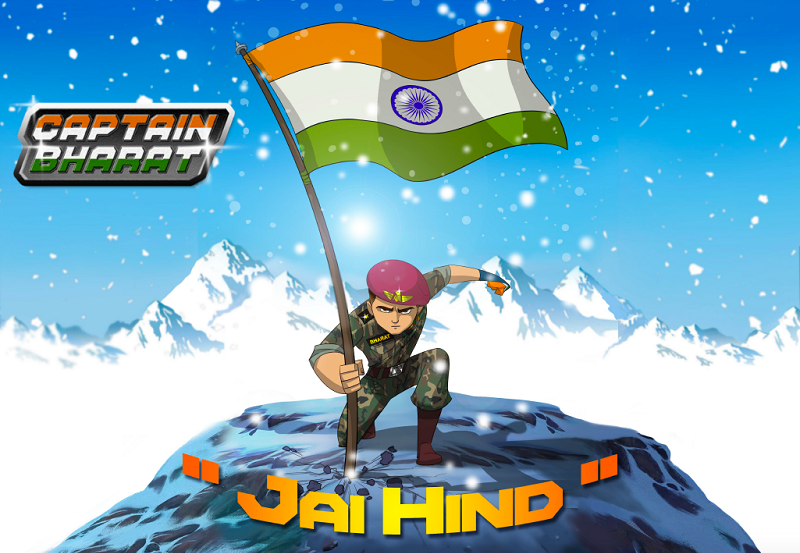
How important is co-production becoming in recent times? What are the present co-production projects that Cosmos is undertaking?
With the growth of animated media consumption onwards 2020 and the demand for cross-cultural content from across the world, co-productions are the way forward for our growth as an animation machine, working with animation studios around the world to create projects that mutually develop our creative edge in visual storytelling and help us expand our geographical reach while creating profitable. In 2020 we saw multiple projects starting production under this model, like The Incredible Monsta Trucks with Piranha Bar; Dear Will, and Putra with Spectrum Film. Our show Eena Meena Deeka got renewed for a third season with Wildbrain Spark, a development which stands testament to the confidence global players come to invest in the quality and delivery efficiency of our animated content.
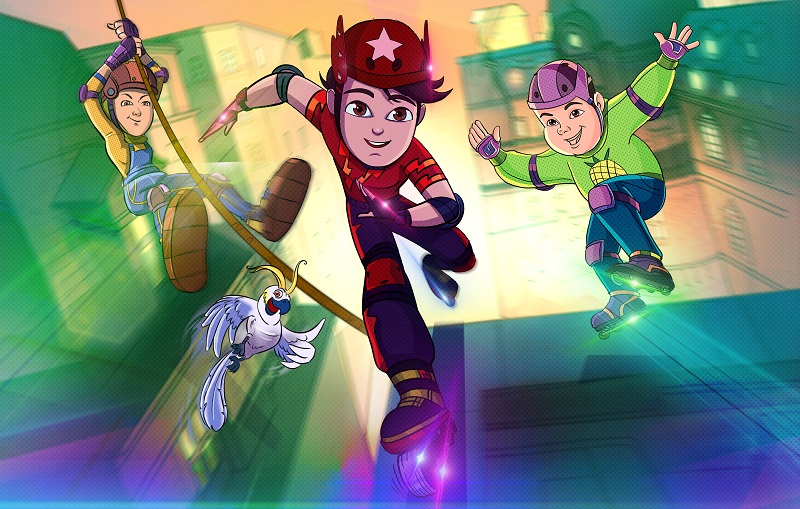
What was the strategic thought behind expanding to Indonesia? How do you intend to leverage the brand Cosmos outside India with Singapore and now Indonesia? Will we see any more expansion soon?
Indonesia is the fourth largest media market in the world by audience numbers, and also one of the most culturally diverse, making it very similar to our home market in India. Additionally, Indonesia boasts of the lion’s share of the licensing and merchandising market in the APAC region which holds above 5 per cent of the global industry valued at nearly USD 16 billion. Making a sustainable business presence in the geography is a logical step in Cosmos-Maya’s global growth trajectory. A show such as Putra in partnership with Spectrum Film helps us work with deep market and cultural knowledge about the territory and establish further avenues for locally driven content adaptable for the international space.
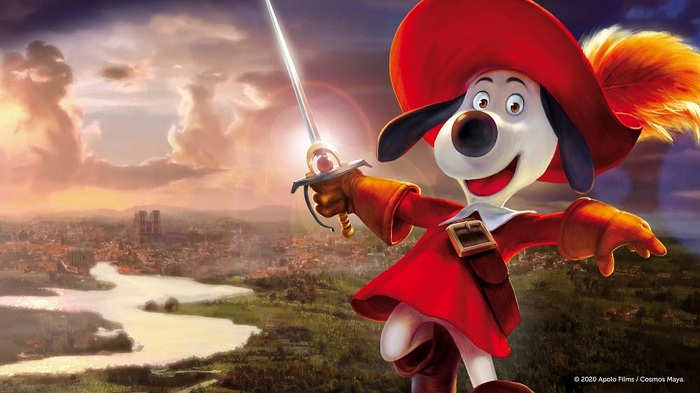
What’s the status of the animated film Dogtanian And The Three Muskehounds?
The production of Dogtanian proceeded wonderfully and the film was slated for release in Jan 2021, but these have been turbulent times, and an appropriate release date shall be announced soon, keeping in cognizance with the global circumstances.
How has the response been for the already launched IPs in 2020?
2020 has been a great year for us. We saw five IPs launching on pay TV and digital OTT, with many of them maintaining top ratings and viewership numbers for several weeks, going head-to-head with some of our own best-viewed classic shows like Motu Patlu and Selfie with Bajrangi. Bapu, Titoo and Gadget Guru Ganesha have already been renewed for second seasons.
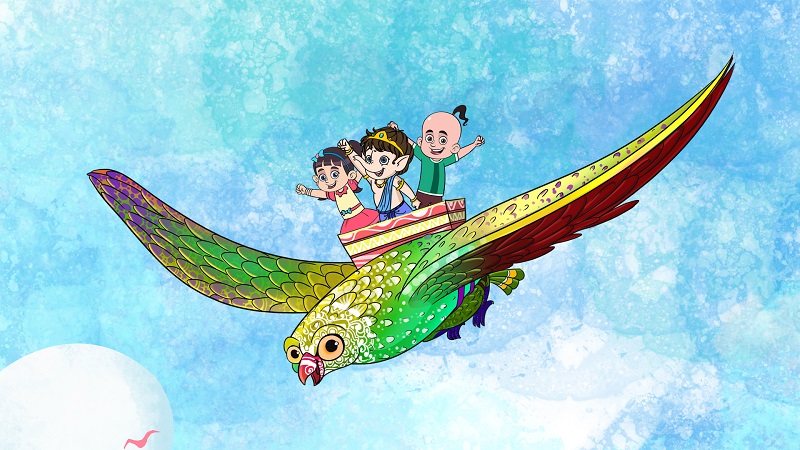
What’s your comment on the increase in content consumption on OTT leading to opening more doors for animation as a genre?
The consistent growth of the OTT sector has opened up a much larger playing space for content producers, with measurable audience insights and reporting tools to understand what genres and stories are working best with people. OTT streaming has gone upwards of 70 per cent. The option for customers to choose what they want to watch has led to them exploring content libraries for stories from across the world, irrespective of barriers of language. Animation itself is one creative medium of storytelling that lends itself to all kinds of genres from kids and action to satire, comedy, drama, etc. etc. and audiences resonate with it as it adds such unique layers to storytelling that often live action may fall short of. Moreover, it provides logistical ease for delivering greater volumes of content in shorter periods of time, something that content producers realised especially well during the lockdowns.
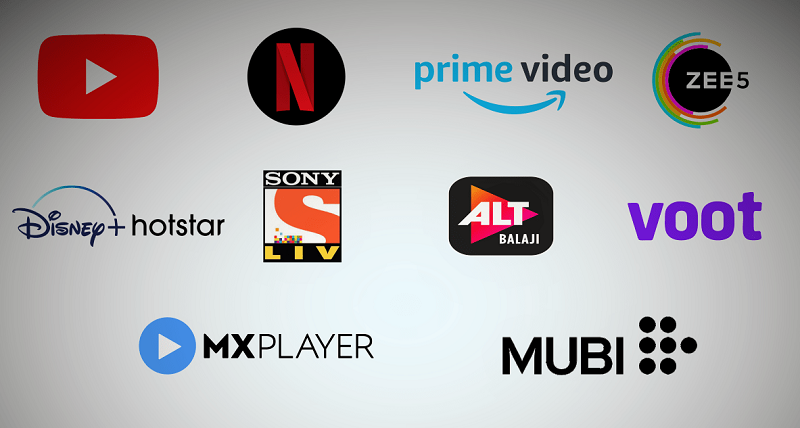
What, according to you, drove humongous change in viewership in 2020 for the animation genre?
2020 has been a year of global lockdown. People had to stay in their homes, and that meant that kids and adults had to cut down on a lot of activities from their lives, making their screens their only medium of escape from the four walls of the house. Apart from entertainment, with the closing down of schools, the EdTech sector saw an unprecedented boost with online coaching modules that provided immense business opportunities for animation studios beyond the standard entertainment space.
What’s your take on the medium of animation to be the next powerhouse of entertainment for kids and adults?
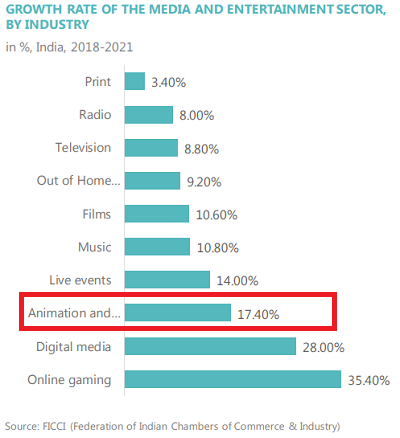
The growth of animation in India as an avenue of entertainment cannot be explained enough. This is an industry that started a couple decades back in India with imports of classic titles on TV channels that got localised for the Indian viewer. Today, it has reached a stage where nearly eight out of 10 animated kids’ shows on TV are homegrown Indian shows. Going with this trend, and observing the chunk of animation comprising the top box-office-breaking films globally, it is safe to say that the sky is steadily getting within reach for the Indian animation industry. From kids to more mature and adult stories, animation is growing as a storytelling medium for all audiences.
How operational innovation can transform the animation industry?
The past year has seen us undergo massive restructuring, change and adaptation in heed to the global situation. A lot of it has proved beneficial for us, from an operational streamlining standpoint, but it’s still a little early to comment on the long-term sustainability of the processes that were employed in 2020. A big part of the operational process is deciding our production and release timelines to maximise output with quality, in the minimum time frame possible and minimum exhaustion of resources, and skilfully handling this has helped us adapt and sail nicely through the turbulence of this past year.
What should be the roadmap for animation industry in 2021?
We’re poised to see a lot of new big business coming up in 2021, both in terms of revenue potential and creative thresholds. Broadcasters have started opening up for varied models of partnership with animated content producers, affording them opportunity to grow phenomenally and in rich, diverse, untapped markets and audiences. We’re seeing the growth of more content with regional flavour, that will feature stories from various geographies in different languages from across the Indian landscape, taking advantage of the mother tongue factor. This collective collaborative spirit of the industry has already resulted in some great projects, one such being Eena Meena Deeka, a show that grew out of India and is testament to the universal story-blending possibilities emerging out of the growing collaborative space in the domestic and the global animation industry.
